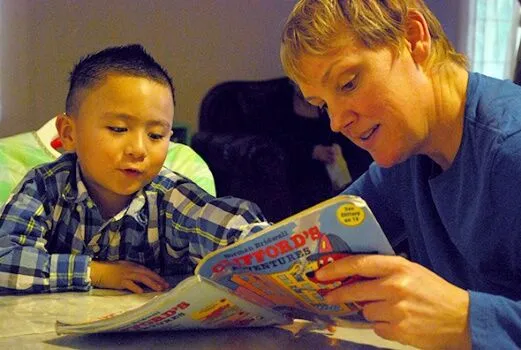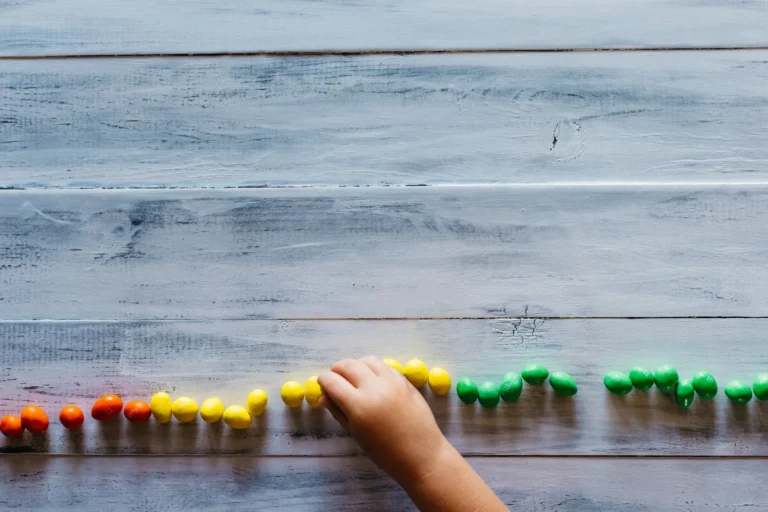
For some reason, thinking about disciplining children involves thoughts of punishment and a lot of yelling. Positive discipline is an idea that deviates from what we have grown to associate discipline with and reinforces teaching instead of punishing. Techniques used in positive discipline are often instructive and caring, resulting in better retention and understanding. Here are some tips to help you apply positive discipline when speaking to your child:
Use Encouraging Words
Childcare centres in Australia often praise children for a job well done, regardless of the outcome or how simple the task is. To a child, this shows that you recognise their efforts, making them eager to try again. The right encouragement can teach kids to be more independent as it allows them to see what they are capable of doing.
Positive discipline involves teaching your children how they can handle mistakes. Rather than pointing out what they did wrong, you can show them how to make it right. It’s also important to set a good example for your child. When you do something wrong, you should apologise and explain why the behaviour was wrong. This will teach your child the importance of taking responsibility.
Work Together to Solve the Problem
Working together is an effective way to deal with problems. By involving kids in coming with a solution rather than simply giving it to them, you help teach them problem-solving skills while giving them a chance to voice out their thoughts. This also shows them that you respect their opinions, making them more comfortable in thinking creatively and in sharing their views.
When you see your child exhibiting behaviour problems, rather than call them out and punish them, call them to talk. Be sure to give them a chance to talk about their needs and feelings and share yours as well. Once you understand where each other is coming from, you can both brainstorm until you find a mutually agreeable solution.
Use Problems as Learning Opportunities
Child care centres look at problems as a way to teach children about right and wrong. Unless they know why they were wrong, children would continue to act out because they see it as a way to get what they want. By using their bad behaviour as an example, you show them that not only is what they did wrong but also that there are better ways to deal with the situation, even when you aren’t around to explain it to them. Be careful to not drone into a lecture, however, as this can make you lose their attention. Rather, you can use examples from their past behaviour to strengthen your points.
Creative Childcare believes in the power of positive discipline as a means for teaching children. We apply this idea along with creative child care for an effective and well-rounded learning experience. Contact us today to learn more.



